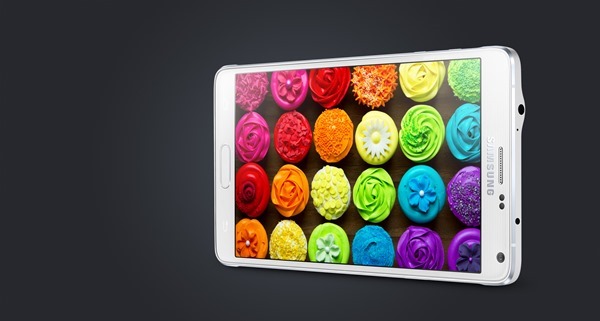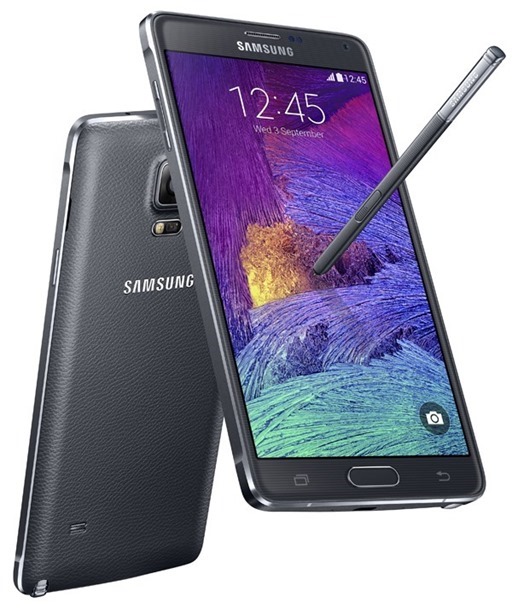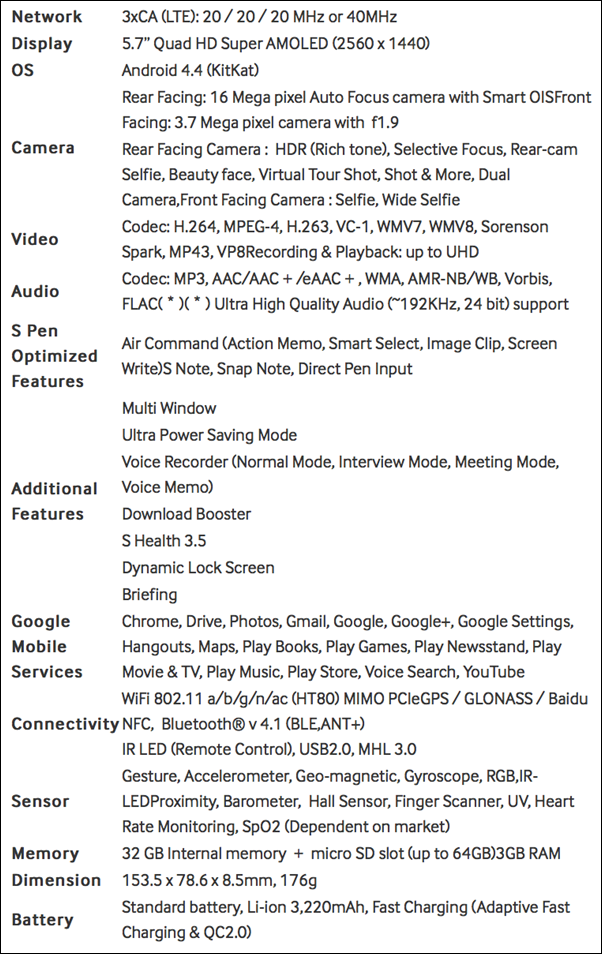Samsung has just announced an updated version of the Galaxy Note 4 which is able to achieve speeds of up to 300Mbps over LTE compared to 150Mbps on the currently available model. How and when did this happen? We take a look at it after the jump.
Samsung has been touting its Galaxy front-runners – namely the S5 and Note 4 – as beasts that could devour a 4G network to deliver some uber fast speeds. This used to be big deal back in the day, until the iPhone 5 from Apple jumped on to LTE as well, and it would be too far-fetched an idea to pin this move in response to Apple’s smartphone, but Samsung was long in wait to up its game for a while now.

The current version of the Galaxy Note 4 includes LTE-A with dual-band carrier aggregation which basically combines two frequency bands from a tower to give speeds up till 150Mbps. In this newly announced version, the LTE chip has been designed to combine up to three bands of frequencies for speeds reaching up to a whopping 300Mbps.
Falling under ‘Category 6’ in the LTE umbrella, this is the first time that tri-band carrier aggregation has been incorporated into a smartphone and according to JK Shin, CEO and President of IT & Mobile Communications Division at Samsung Electronics, "The LTE-A Tri-Band CA smartphone is a meaningful advancement in mobile and telecommunications technologies, and demonstrates Samsung’s long-term commitment to providing innovation within the telecommunications industry."

More importantly, Samsung says that this new and updated Note 4 with tri-band carrier aggregation will ultimately support Category 9 LTE as well as mobile and telecom technologies continue to evolve. Category 9 LTE would spell speeds of up to 450Mbps, but the technology is not expected to be commercialized any time before 2016.
As we speak, Samsung has been actively researching and testing the futuristic 5G mobile network as well which offers a stellar 7.5Gbps download speeds, putting the network at over 30 times faster than 4G LTE.

As for the updated Note 4, the speeds of 300Mbps are more or less achievable in ideal conditions, where not only does the tower should support tri-band carrier aggregation, but the user itself should be standing in the line of sight of the tower.
You can follow us on Twitter, add us to your circle on Google+ or like our Facebook page to keep yourself updated on all the latest from Microsoft, Google, Apple and the web.

